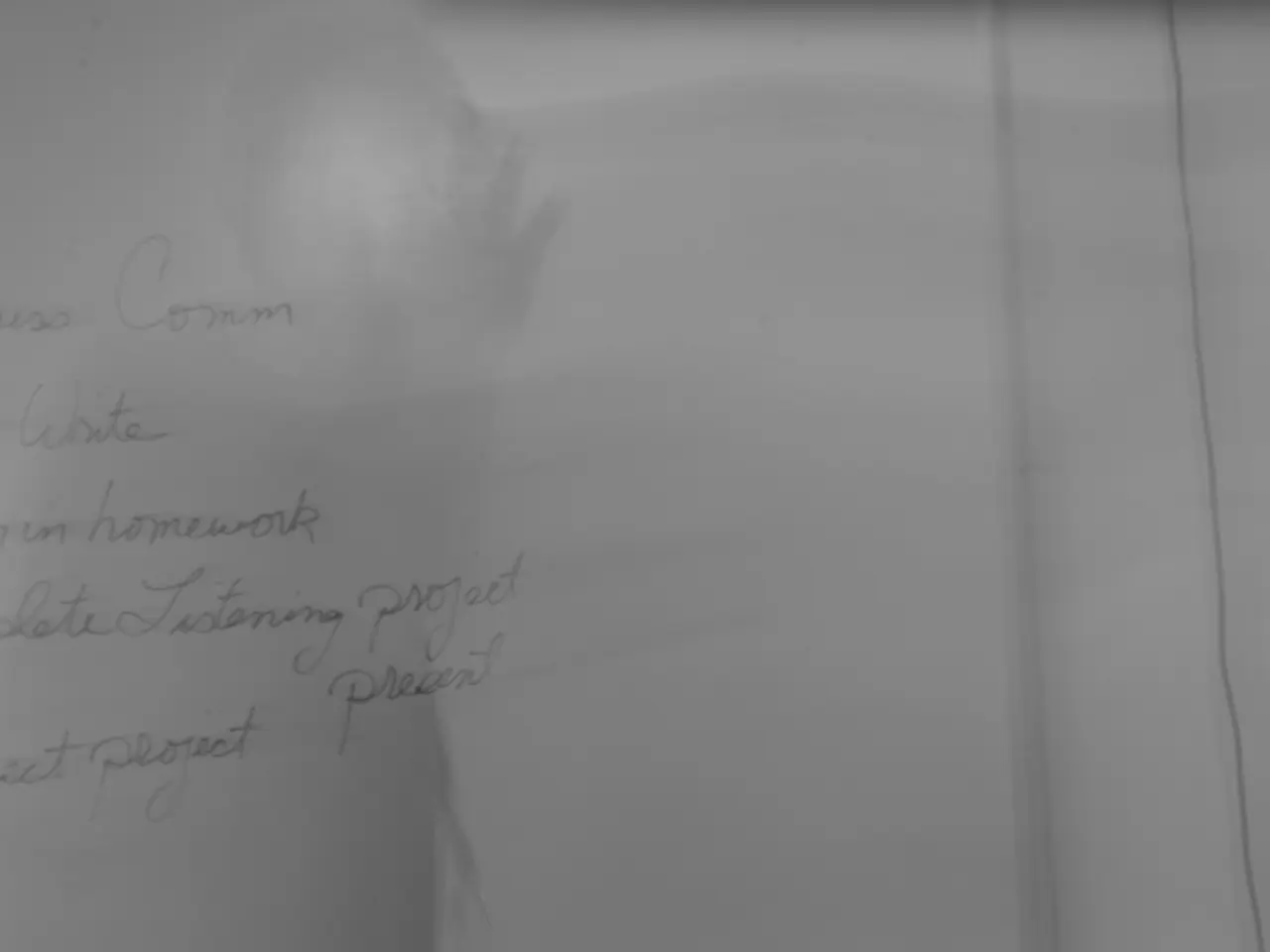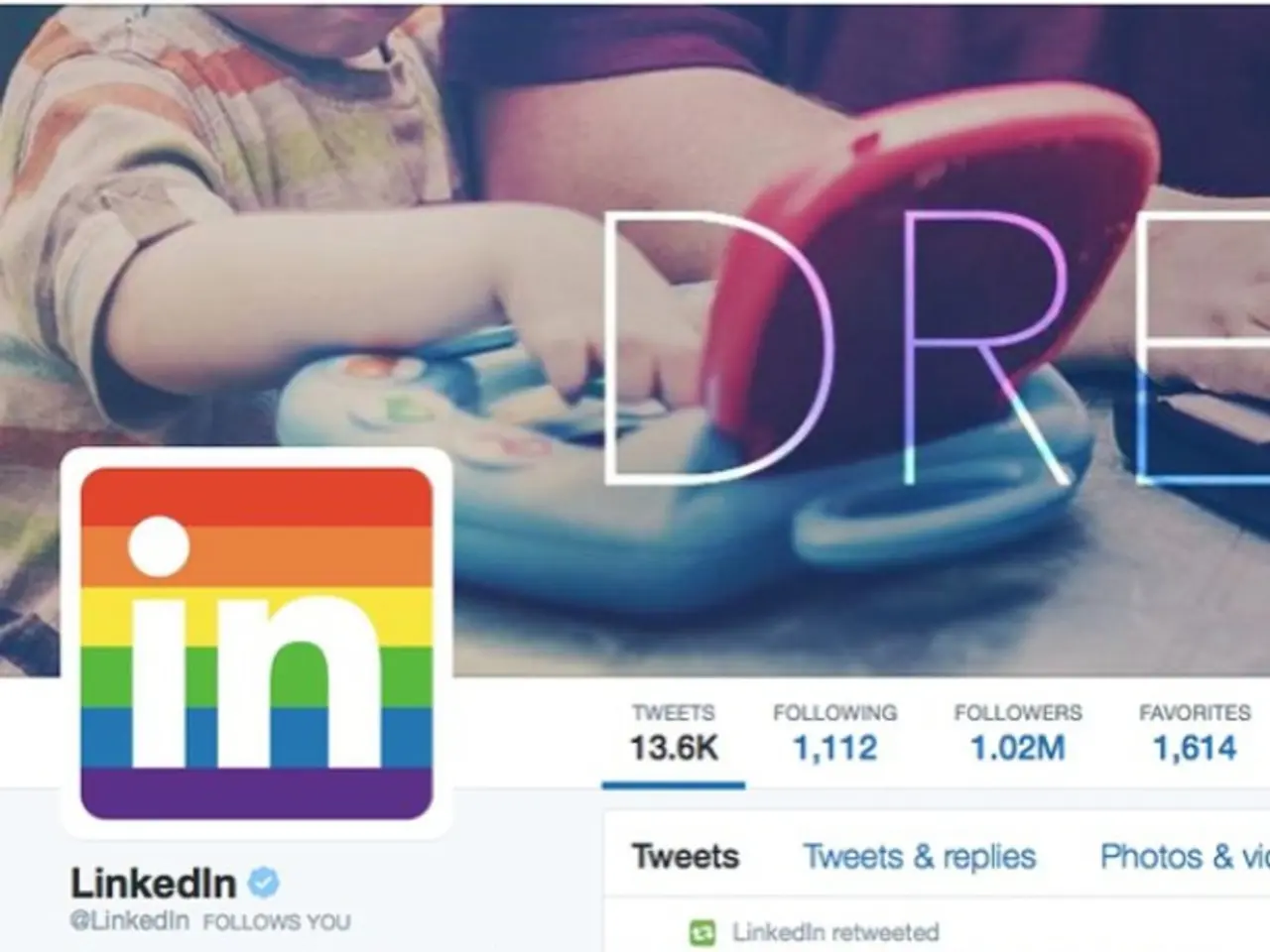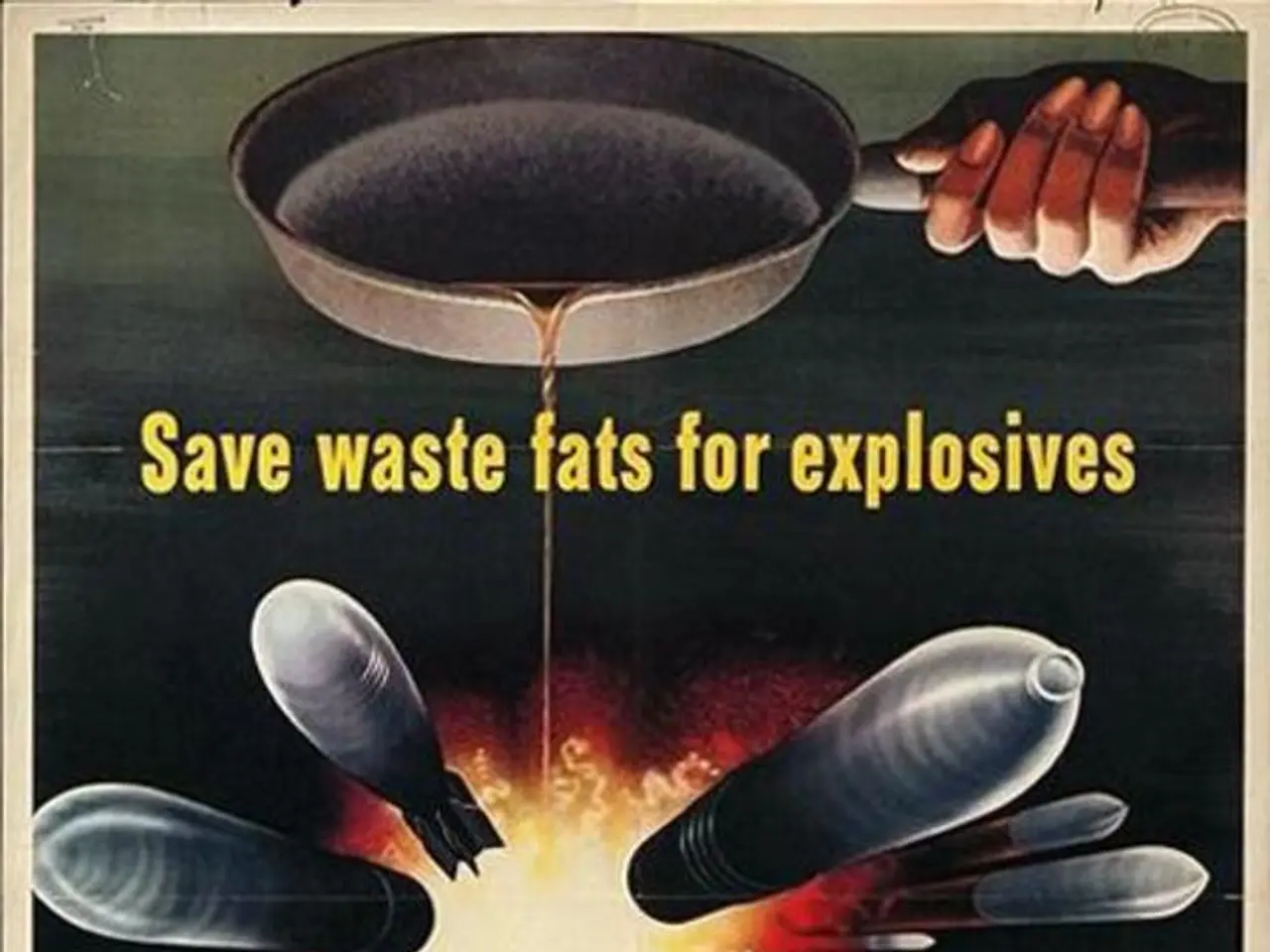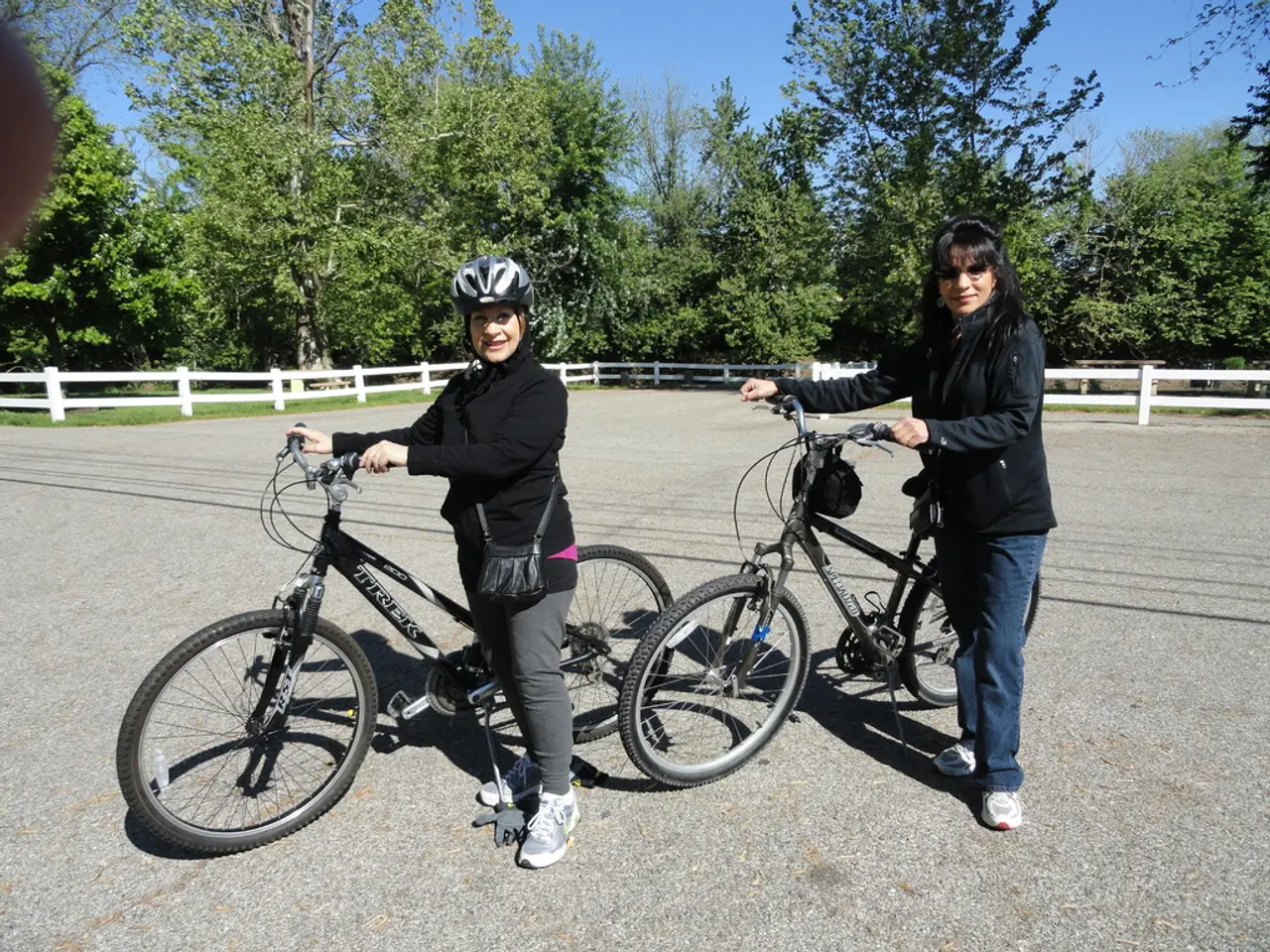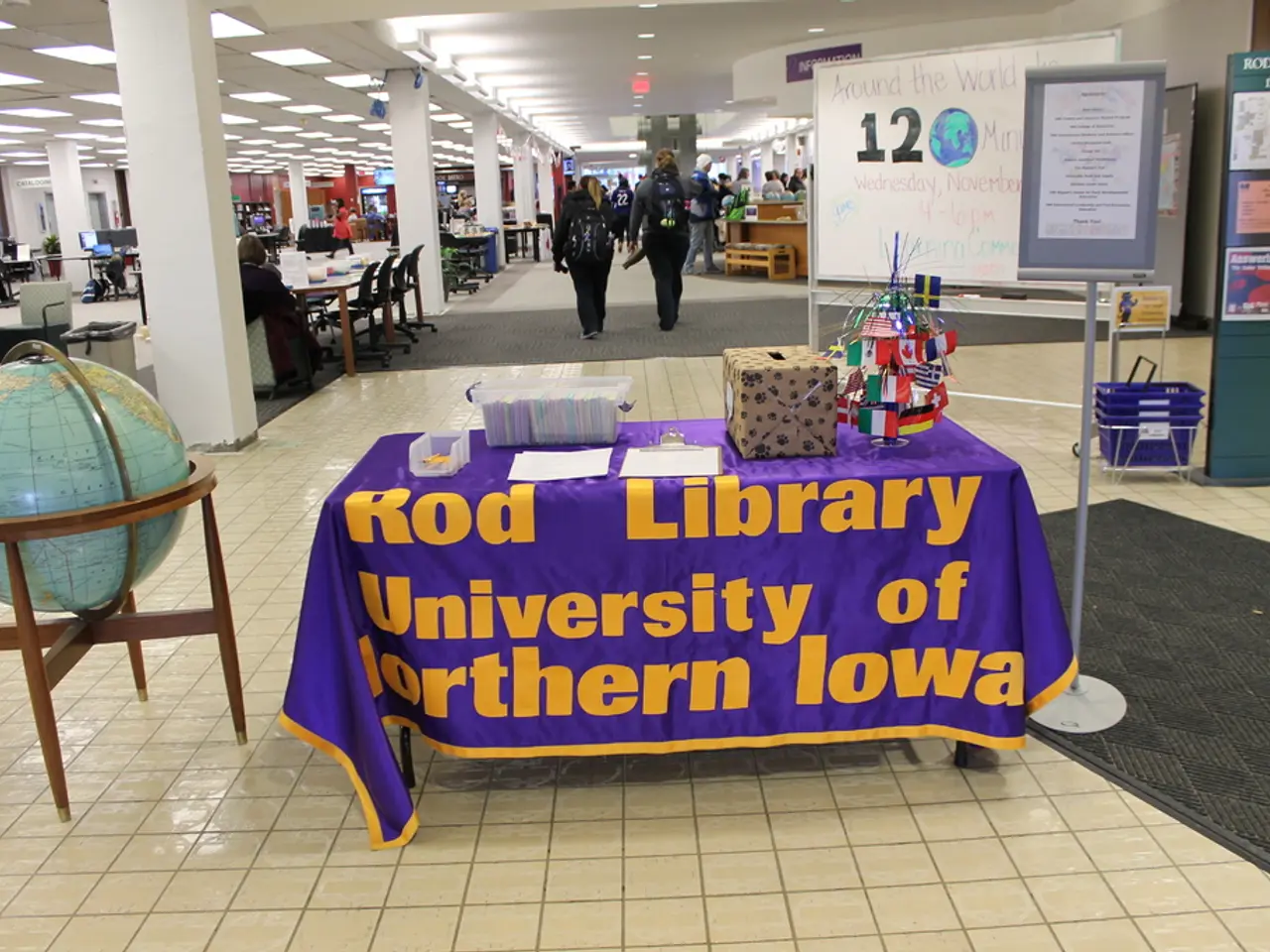Human Existence Persistence and Anchoring Bias's Significance
In the complex world we live in today, making informed decisions is crucial for our survival and well-being. However, a common cognitive bias known as anchoring bias can often skew our judgments, leading to flawed decisions that can impact various aspects of our lives.
Anchoring bias is a cognitive shortcut where the first piece of information (the "anchor") disproportionately influences subsequent judgments and decisions. This can lead to systematic errors because people insufficiently adjust away from the anchor, even when it is arbitrary or irrelevant. For example, in financial choices, the initial price seen can skew how people value other prices or decisions, potentially resulting in overspending or poor investment choices that affect our survival in a complex economy.
This bias can manifest in numerous ways in contemporary society. In economic decisions, negotiations, and consumer behavior, anchoring bias can lead to poor decision-making. In healthcare settings, patients may anchor their understanding of risk based on initial information provided by healthcare providers, potentially leading to misinformed health choices. Even in our social interactions, first impressions can bias our responses, affecting relationships and career opportunities.
However, there are strategies to mitigate the effects of anchoring bias. Increasing awareness of the bias is the first step. Delaying decision-making allows re-evaluation away from the initial anchor. Actively collecting diverse data breaks the influence of one initial reference. Critical thinking and reflective questioning can challenge the initial anchor, reducing its impact. Structured decision-making techniques can counteract intuitive anchoring effects by systematically weighing evidence.
By employing these strategies, we can improve the quality of our decisions and enhance our adaptability, which are vital for navigating risks and uncertainties in modern life. This can support human survival and flourishing in contemporary society.
Anchoring bias also has profound implications for survival, particularly in contexts of deception. For instance, in salary negotiations, the first offer made can set an anchor that influences all subsequent discussions, potentially leading candidates to undervalue their worth. Similarly, investors often base their predictions on initial stock prices or economic indicators, which can skew their assessments and lead to irrational investment behaviors.
Moreover, anchoring bias contributes to systemic biases in social contexts, such as unrealistic standards set by media portrayals of beauty or success. Poor financial decisions driven by anchoring bias can lead to long-term economic instability for individuals and families, contributing to broader societal issues such as poverty and inequality.
In legal contexts, anchoring bias can affect jurors and judges, potentially leading to disproportionately high awards or sentences. This bias also influences how we form our online identities and reputations, limiting openness to alternative views.
From an evolutionary perspective, anchoring bias may have conferred advantages in situations requiring rapid decision-making. However, in today's fast-paced and information-rich world, understanding and addressing anchoring bias can enhance our decision-making capabilities and improve outcomes in critical areas affecting human survival.
Education and self-development can equip individuals with the critical thinking skills necessary to identify and counteract anchoring bias, thus improving their decision-making abilities and enhancing their adaptability in today's complex world. Healthcare, for example, relies heavily on accurate judgments, and understanding this cognitive bias can help patients make informed health choices, thereby supporting their survival and well-being.
